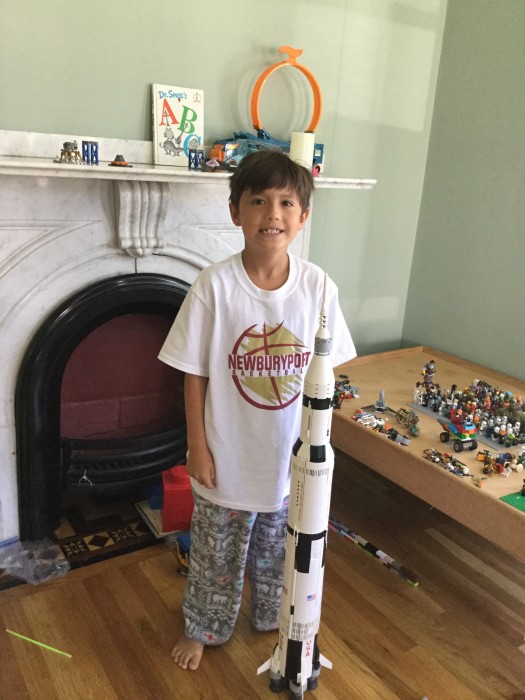Folks,
Recently 60 Minutes had an excellent segment on Artificial Intelligence (AI). Those of us that assemble electronic circuit boards should be interested in this topic as we will be called upon to make to PCBs for these current and future ubiquitous devices. I felt that the show was a great summary of AI and was profoundly well balanced. This sentiment was summed up by host Scott Pelley’s statement in the segment’s introduction:
"AI is not as good as you hoped, but not as bad as you feared."
The segment was mostly a discussion with Kai Fu Lee. Lee is a leading AI expert, and most recently published a book, AI Superpowers: China, Silicon Valley and the New World Order. Lee has mentored more than ten entrepreneurs who have developed billion dollar startups. Many of the startups are in the field of facial recognition. Lee demonstrated how facial recognition not only identifies people, but can also estimate their age and mood. He also showed how this type of AI can scan a classroom and identify students who are concentrating or distracted while solving a problem. Using this information the teacher can detect which students need help.
Lee was very straight forward about the fact that AI can do limited things very well, but they are not close to what humans would consider thinking. He was very bullish, though, when he stated that the advent of AI may be more important than that of electricity. Time will tell.
Lee also said that AI will replace 40% of jobs in 15 years, including some related to truck driving. He pointed out that this disruption will be more rapid than 20th century advancements and will be difficult for societies to absorb. Here I think his perspective is too strong. This disruption will happen, but it will be over more than 30 years, I believe.
He also had a very balanced view on AI’s limitations. He does not believe that artificial general intelligence (AGI: human type intelligence) is on the horizon or may ever happen. He pointed out that human intelligence requires emotions such as love, compassion, courage, empathy, etc that machines may never possess.
AI, even with deep learning, mostly focus on one task. They have no context for anything else. As was said of Watson, the computer program that won on Jeopardy, "Watson won, but did he know that he won?"
A human is learning from the moment she is born, developing more context every minute. No machine can match this situation. All of this discussion makes it seem almost comical to me that some of the most accomplished people think AI is an existential threat to humans. Their arguments are in books like Our Final Invention. For me, Stephen Pinker gave this concern some perspective when he pointed out in his book, Enlightenment Now, that no AI can empty a dish washer. I don’t believe that, in 50 years, an AI will be able to assemble something like the 1,969 piece Apollo 11 rocket that my eight-year-old grandson Nate assembled in less than six hours.

Eight Year old Nate Su assembled the 1,969 piece Apollo 11 in under six hours. No AI will be ableto do this for generations.
Photo courtesy of Professor Jessica Lasky Su.
However, I agree that AI will have a profound, almost all positive effect on civilization. And we will be assembling the electronics for it!
Cheers,
Dr. Ron

